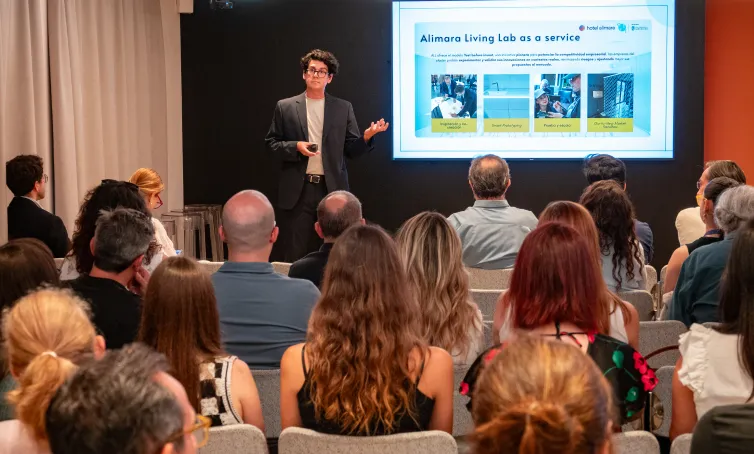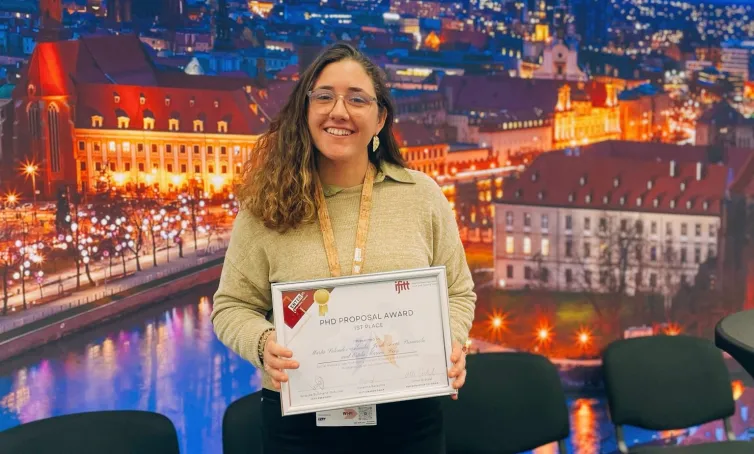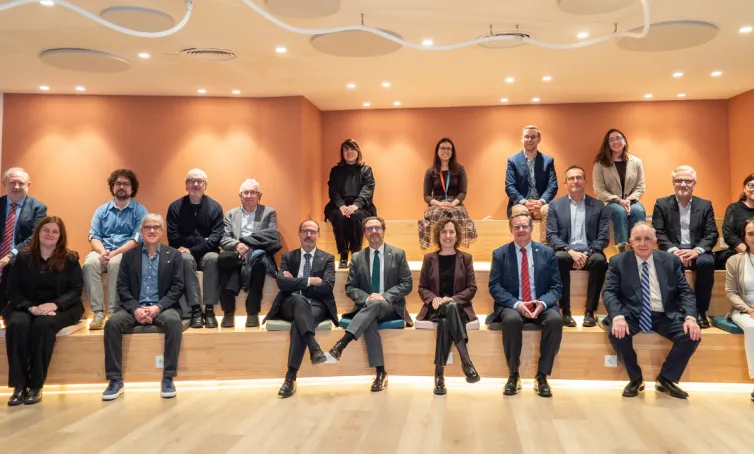CETT, AMBIT and Sciling present a pioneering report on the potential of Generative AI in the hospitality sector

The report offers a practical and rigorous guide to help professionals and companies adopt generative AI and harness its potential in the hospitality sector
The CETT — Barcelona School of Tourism, Hospitality, and Gastronomy — AMBIT Cluster and Sciling present the report “Tendencias de la IA generativa en el sector hospitality”, a pioneering document that analyses how this technology can transform management, design, and spatial experience within the industry.
The report aims to serve as a roadmap to help companies and professionals adopt generative AI with sound judgment, moving beyond the occasional use of tools such as ChatGPT or Midjourney and integrating their potential into corporate processes. The goal is for innovation decisions to be based not on trends or chance, but on the analysis of feasibility, return, and alignment with the sector’s challenges.
“Tendencias de la IA generativa en el sector hospitality”
The study examines the strategic potential of Generative AI, combining empirical research and technical review through exploratory surveys, focus groups, and technological assessments. This mixed-methods approach makes it possible to distinguish between viable applications, future scenarios, and priority initiatives with the greatest potential impact.
The research concludes that the hospitality sector faces challenges such as the pressure to stand out, the lack of skilled talent, and uneven digitalization. Although many professionals are experimenting with tools like ChatGPT or Midjourney, real integration into corporate processes remains limited. For this reason, the report highlights the need to translate potential into concrete applications guided by feasibility and strategic value.
New possibilities in hospitality space design
The report identifies 25 real use cases and provides practical criteria to guide innovation towards applications with tangible impact and strategic value. These use cases are organized around four key drivers that reflect how AI can create value across different areas: personalized experiences, connected communication, intelligent management, and operational sustainability. The examples are relevant for space managers, design studios, and product brands, showing how a single challenge can be approached from different professional roles.
Presented on 23 October as part of the AI Forums at Interi-off and Interihotel BCN25, the report anticipates that the combination of generative AI, extended reality, and the Internet of Things will lead to a more personalized, efficient, and sustainable hospitality experience. Furthermore, the development of no-code platforms and conversational assistants will democratize access to this technology.
This research, more than just a compilation of trends, is a tool for action and a compass for steering innovation in hospitality towards a more creative, connected, and conscious future.
Check the report.



